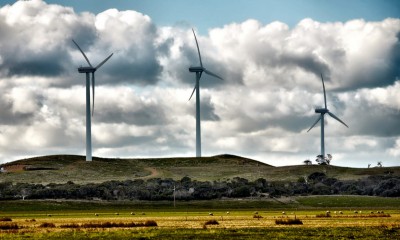eAfrica, November 2005
ON THE global scales, Nigeria is far from the biggest oil producer, but in one pernicious area it leads the world.
Underground oil deposits are often accompanied by large deposits of natural gas that push to the surface when oil is drilled from the ground. In most countries, such gas is captured in pipelines or pumped back underground. But for decades, Nigeria has simply vented the gas into the atmosphere and burned it off – a process known as flaring.
Nigeria is the world’s largest gas flarer and it accounts for about 19% of the total amount flared globally. At night the giant flames leaping from its gas flares spew ash onto nearby communities and flood the atmosphere with greenhouse gases. Worldwide such flaring accounts for about 1% of global CO2 emissions.
Industry regulators in most parts of the world, who once regarded gas as a worthless waste product of the oil industry, now see flaring as an environmental threat and gas as a valuable resource that should be turned to profit. Nigeria, which has more gas reserves than oil but an underdeveloped gas market, has been slow to adjust, allowing oil producers to flare 75% of the gas they produce, rather than using it to produce natural gas, fuel electricity plants or re-injecting it into the oil fields.
Gas flaring is also an expensive waste of resources costing Nigeria – where 70% of people live on less than a dollar a day and commonly cook on open fires – an estimated $2.5 billion annually in lost potential income. In Western Europe, oil companies only flare about 1% of produced gas, leading to accusations of double standard against the multinationals that operate in both regions.
The Nigerian government’s commitment to end flaring is ambiguous. Laws were passed requiring an end to flaring by 2004 but implementation deadlines have repeatedly been reset further into the future.
As a part owner in the country’s oil installations, the Nigerian government takes part of the profits from oil installations run by foreign oil companies, but it has been chronically reluctant to contribute its share of the cash needed to finance upgrades and new facilities, such as gas capture systems. The largest operator in Nigeria – Shell – indicated in January 2005 that it might have difficulty in ending flaring by the 2008 target, blaming a number of factors including insecurity.
– ‘Up in Smoke’, Working Group on Climate Change






